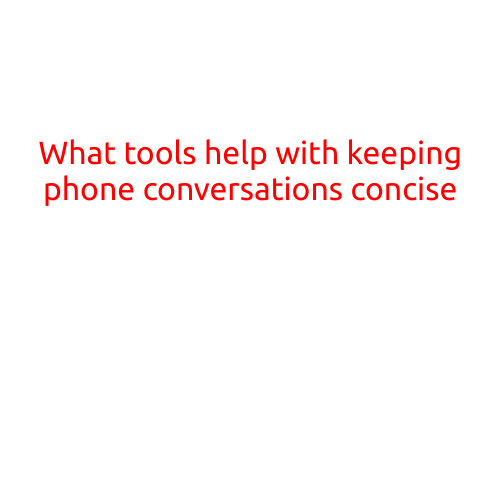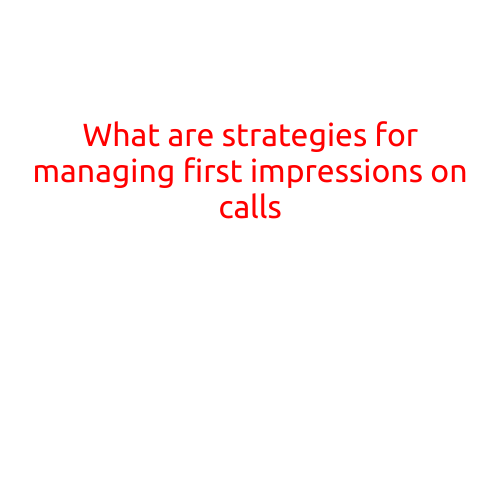
What are the Benefits of Handling Difficult Phone Calls?
Handling difficult phone calls is a challenge many of us face, whether in our personal or professional lives. Whether it’s a frustrated customer, an aggressive salesperson, or a stressful conversation with a relative, dealing with tough phone calls can be overwhelming and exhausting. However, learning to handle these conversations effectively can have a significant impact on our well-being, relationships, and overall success.
In this article, we’ll explore the benefits of handling difficult phone calls and provide tips on how to improve your skills in this area.
Benefit #1: Improved Communication Skills
Difficult phone calls require active listening, clear communication, and effective problem-solving skills. By practicing these skills, you’ll become a more confident and effective communicator in all aspects of your life. You’ll learn to stay calm under pressure, articulate your thoughts clearly, and respond thoughtfully to challenging situations.
Benefit #2: Reduced Stress and Anxiety
The anxiety and stress associated with difficult phone calls can be significant. However, by developing effective coping strategies and practicing relaxation techniques, you can reduce your stress levels and feel more comfortable handling tough conversations. Whether you’re dealing with a stressful work environment or a personal issue, learning to manage your emotions will help you stay calm and composed.
Benefit #3: Increased Empathy and Understanding
Handling difficult phone calls requires empathy and understanding. By putting yourself in others’ shoes and actively listening to their concerns, you’ll develop a deeper understanding of their perspectives and needs. This increased empathy will benefit your personal and professional relationships, allowing you to build stronger connections with others.
Benefit #4: Improved Conflict Resolution
Difficult phone calls often involve conflicts or disagreements. By learning to resolve these conflicts effectively, you’ll develop a valuable skill that benefits all aspects of your life. Whether it’s a workplace dispute or a personal issue, effective conflict resolution can prevent misunderstandings, build trust, and strengthen relationships.
Benefit #5: Enhanced Problem-Solving Skills
Tough phone calls often require creative problem-solving skills. By learning to approach these conversations with a clear and logical thinking, you’ll develop a valuable skill that applies to many areas of your life. Whether it’s a business challenge or a personal dilemma, effective problem-solving will help you find innovative solutions and overcome obstacles.
Benefit #6: Increased Confidence
Dealing with difficult phone calls can be challenging, but the sense of accomplishment you’ll feel when you resolve a tough conversation successfully will boost your confidence. As you become more confident in your ability to handle difficult phone calls, you’ll feel more capable of tackling other challenges and taking on new opportunities.
Tips for Handling Difficult Phone Calls
While handling difficult phone calls can be challenging, there are several strategies you can use to improve your skills:
- Stay Calm: Take a few deep breaths, count to ten, or step away from the phone to compose yourself before responding.
- Active Listening: Pay attention to the other person’s words, tone, and body language.
- Empathy: Try to understand the other person’s perspective and show that you’re actively listening.
- Problem-Solving: Focus on finding a solution rather than getting defensive or argumentative.
- Take Notes: Write down key points and action items to ensure you remember important details.
- Practice: The more you practice handling difficult phone calls, the more comfortable and confident you’ll become.
In conclusion, handling difficult phone calls is a valuable skill that offers numerous benefits, including improved communication skills, reduced stress and anxiety, increased empathy and understanding, improved conflict resolution, enhanced problem-solving skills, and increased confidence. By practicing effective communication strategies and developing a positive attitude, you’ll become a more confident and effective communicator in all aspects of your life.





